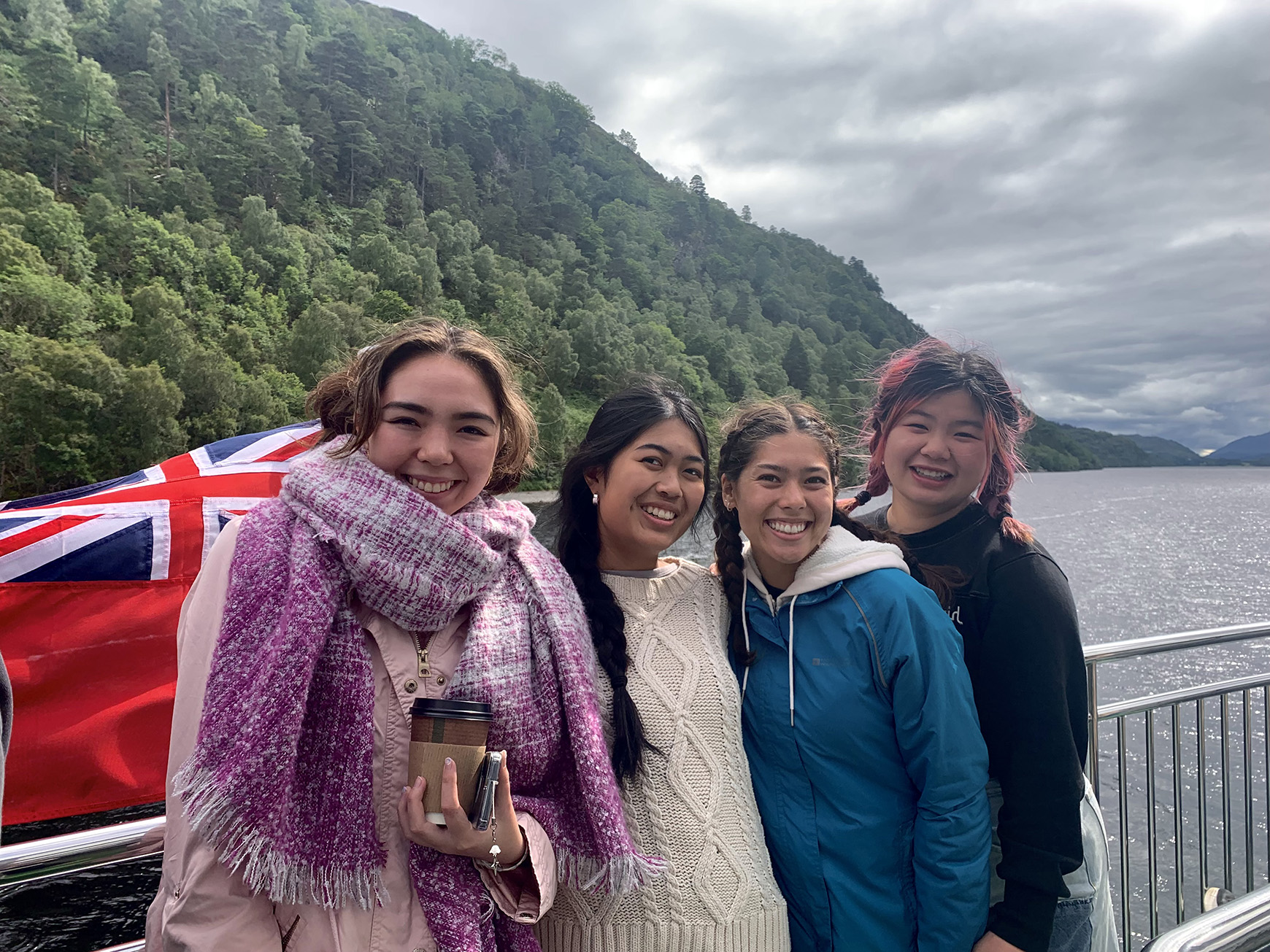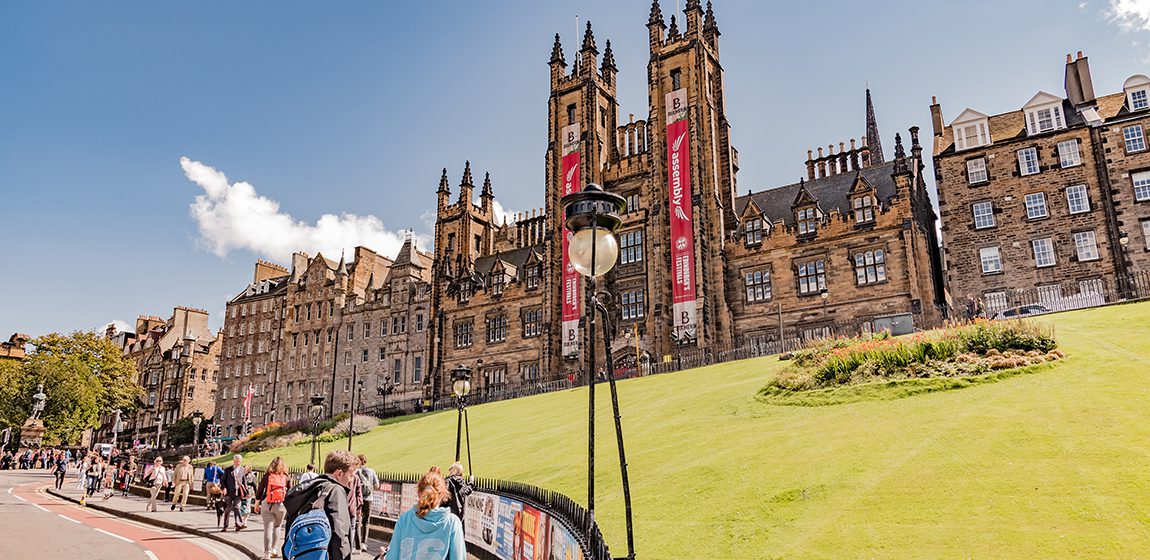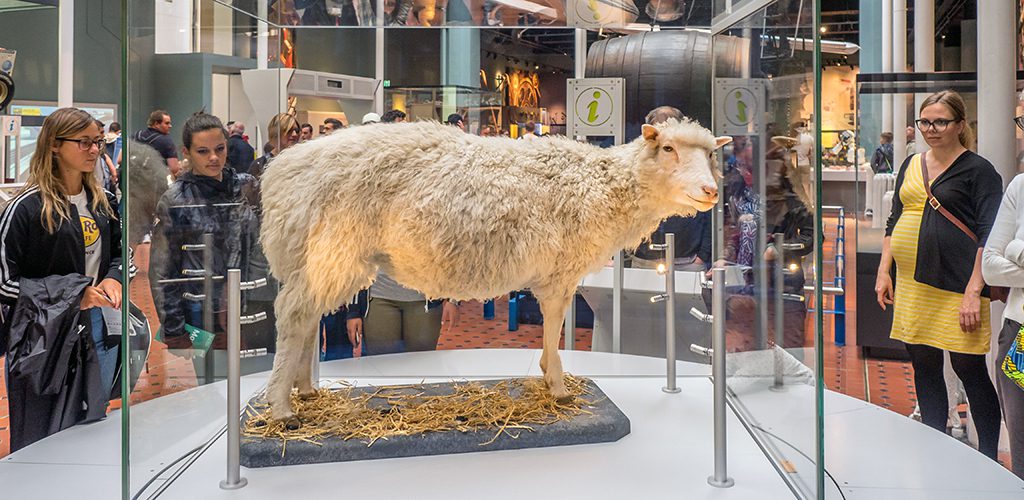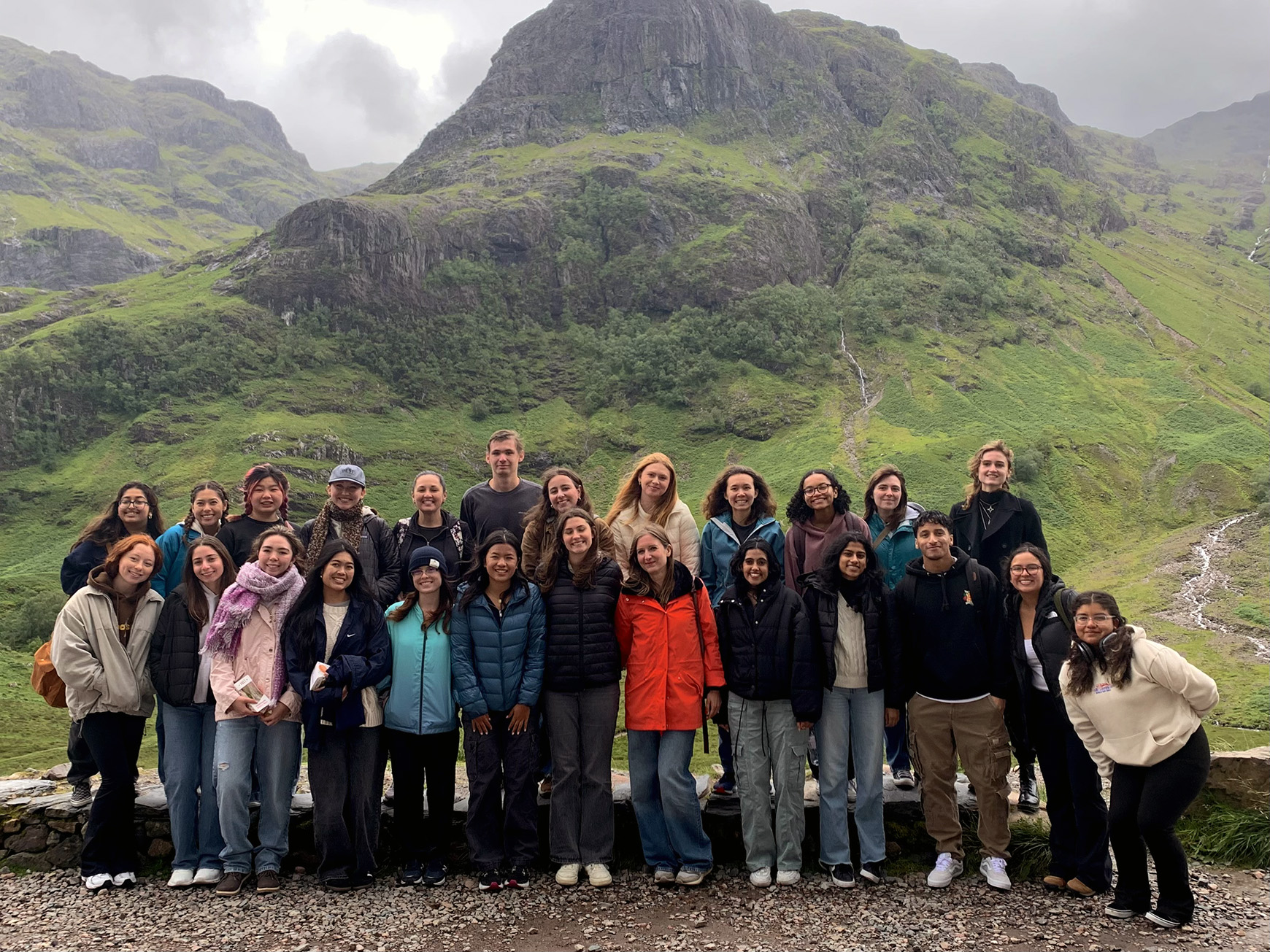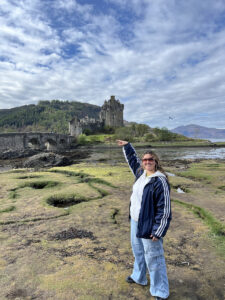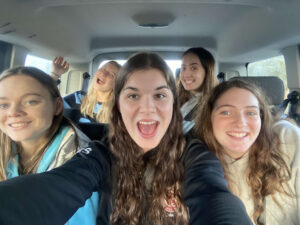Edinburgh, Scotland
Genetics, Pandemics, and Society in Edinburgh
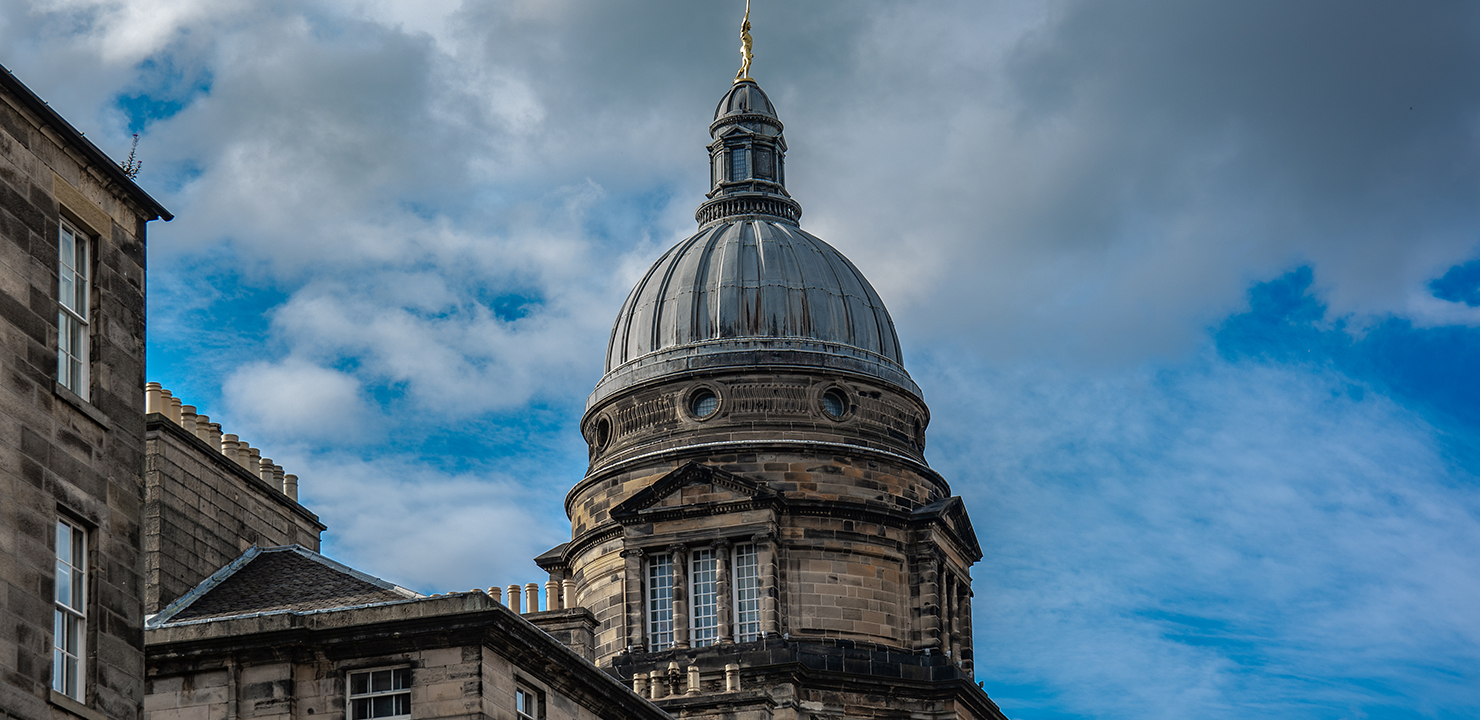

Program Overview
SEE HOW ADVANCES MADE IN THIS CITY ARE SHAPING SCIENCE TODAY
Edinburgh’s historic and continued importance as a site for scientific innovation makes it the ideal site to explore a range of themes in the history of public health and genetics. As a center of the European Enlightenment, it was home to important revolutions in scientific thought, medicine, and later, advances in tropical medicine and the development of global health as well as phrenology and genetics. This—plus an abundance of cultural riches and natural beauty—make it a perfect destination to ignite your interest in sociology, history, premed, biosciences, and global or public health.
This global seminar program is offered in partnership with the University of California San Diego. Enrollment is limited to 28 students.
Apply for this program through UC San Diego, not the IFSA Student Portal.
Details at a Glance
Application deadline
Minimum GPA
2.00
Credit load
8 UCSD Quarter Credits
Housing
Apartment/Flat, Single Room Option
Instruction language
English
Language prerequisites
None
Visa required?
Not in most cases. Learn more.
Academics
The curriculum includes the following two classes:
History of Public Health
Ever since classical antiquity, people have sought to understand why epidemics happen. How does disease travel? What might explain why one person or group of people become sick and others do not? Does the state have a duty to protect the health of the public, even if that interferes with the rights of individuals? This history is vast, and students tend to learn about the triumphs and turning points that characterize the experience of Western societies, to the exclusion of other parts of the world. Rather than attempt to cover every possible topic, this class instead pursues a global history of epidemics in order to introduce students to the major shifts, themes and tensions that have animated historical scholarship about public health on a global scale. In particular, it will center the histories of Scotland, Britain and its empire, taking advantage of the rich history of scientific discovery in Edinburgh.
Genetics and Society
For well over a century now, genetics has powerfully shaped how we think about human difference. This class will explore the many ways in which studying our genomes and inheritance patterns has informed public understanding and policy on topics like race and ethnicity, disability, reproduction, rare disease, intelligence, sociality, delinquency, and personal identity in the United States. We will also see how social forces shape genetics research itself and discuss controversies surrounding gene patenting, forensic science, newborn screening, cloning, and genetic testing for disease, risk and ancestry. Throughout, we will adopt a comparative perspective by examining the way ideas about genetics and heritability have moved back and forth between the UK and U.S.
Instructors
Daniel Navon, Ph.D., is an associate professor in the UC San Diego Sociology Department. He teaches classes in the sociology of science and medicine, historical sociology, and qualitative methods. His 2019 book, Mobilizing Mutations: Human Genetics in the Age of Patient Advocacy, explores how genetics is reshaping medical classification, patient care, and personal identity. Before going to Columbia University to pursue a doctorate in sociology, he was a philosophy major at the University of Edinburgh.
Claire Edington, Ph.D., is an associate professor in the UC San Diego History Department where she teaches classes on the history of public health, the history of modern Southeast Asia, and the colonial and postcolonial studies of science and medicine. Her research examines the way medical experts, state institutions, and popular beliefs shaped the lives of marginalized people in Vietnam throughout the 20th century. She earned her doctorate from the Departments of Sociomedical Sciences and History from Columbia University in 2013.
You will earn 8 UC San Diego quarter credits for this program.
TO APPLY & FOR MORE INFORMATION
Visit the UC San Diego website for the Genetics, Pandemics, and Society in Edinburgh program. Apply for this program through UC San Diego, not the IFSA Student Portal.
Contact Elly Vogt, UC San Diego Global Seminars Coordinator, by email or phone at 858.534.1123 to apply and for any questions regarding the program, its content, or requirements.
APPLICATION REQUIREMENTS
Eligibility
- You must be at least 18 years of age. Students under 18 may be accepted on a case-by-case basis.
- You must be currently attending or recently graduated from a U.S. or Canadian community college, technical college, two-year college, four-year college, or four-year university.
- You must have completed at least one (1) full-time year of study at your home institution before the beginning of the term.
Recommendation Letter
Not required.
TRANSCRIPT
Upon completion of your program, you may order a transcript online directly from the University of California San Diego.
FOR MORE INFORMATION
Contact Elly Vogt, UC San Diego Global Seminars Coordinator, by email or phone at 858.534.1123 to apply and for any questions regarding the program, its content, or requirements.
Excursions
Activities and excursions are designed to pull you into the communities you visit and encourage cultural connections of every kind. There’s no extra fee to participate in these optional outings—everything is included in your program fee.
Below are a selection of activities and excursions from previous terms; options may vary for your program. Due to the seasonal nature of many of program activities, we cannot guarantee a specific activity or excursion will be available in a given term or program.
Activities
- The University of Edinburgh’s Anatomical Museum: View the collection of the Edinburgh Phrenological Society, arguably the world’s leading center for phrenological research—an important intellectual precursor to modern hereditarian and genetic thinking, as well as a cautionary tale about its pitfalls.
- Walking Tour: This walking tour will provide an orientation to the University of Edinburgh and the city’s historical Old Town including Darwin’s Edinburgh residence and the nearby site of the old Plinian Society
- The National Museum of Scotland Visit: See Dolly, the world-famous cloned sheep, and other relevant exhibits.
- The University of Edinburgh’s MRC Institute of Genetics and Molecular Medicine. The leading genomics center in Scotland, and the point of origin for the XYY story explored in detail in class.
- Edinburgh Plague Sites: Explore the mass burial sites or “plague pits” dating from 1645 in the Burgh Muir and on Leith Links.
- Edinburgh University Library Special Collections-Records of the Royal Public Dispensary of Edinburgh. The first public dispensary in Scotland dating from 1776, the dispensary reflects the convergence of medical care and charity relief that characterized the rise of state medicine in Britain in the 19th century.
- Royal Botanic Gardens Visit: Founded as a physic garden to grow medicinal plants in 1670, the Royal Botanic Gardens played an important role in the growth of knowledge about tropical nature, botanic conservancy, and tropical medicine.
Excursions
- Isle of Skye Excursion: During this three day/two night adventure, explore one of Scotland’s most famous, picturesque isles. It’s a popular movie filming location, and known for its rugged landscapes, fishing villages, and medieval castles.
Housing and Meals
Housing
Apartment/Flat, Single Room OptionMeals
Self-CateringDetails
Students live off campus in privately owned student-apartment buildings that make it easy to get to campus and explore the best of the city.
Sample housing
Explore Brae House to see what your home away might be like:
- Location: 1.2 miles from the main campus at George Square (a 20- to 30-minute walk) and steps from many of Edinburgh’s city’s prime sites.
- Living space: Students live in apartments in groups of four to nine. Students have single bedrooms, each with a double bed, desk, chair, and storage, and private attached bathrooms, and share living space and a kitchen with oven, stove, refrigerator, kettle, microwave, and ironing board. Students provide bedding, towels, and basic kitchenware.
- Meals: No meal plan. Students prepare and eat their own meals, and often say cooking and sharing meals is a fun, social part of their day.
- Additional details: 24/7 security. Reception desk. Laundry. On-site maintenance. Common space. Bike storage.
- Nearby: The Royal Mile, a historic street that include St. Giles’ Cathedral, Edinburgh Castle and the Palace of the Holyroodhouse. Holyrood Park, home of Arthur’s Seat. Scottish Parliament.
Dates and Fees
Get Started
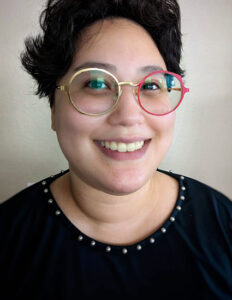
Jasmine Di Diego
Enrollment Counselor
